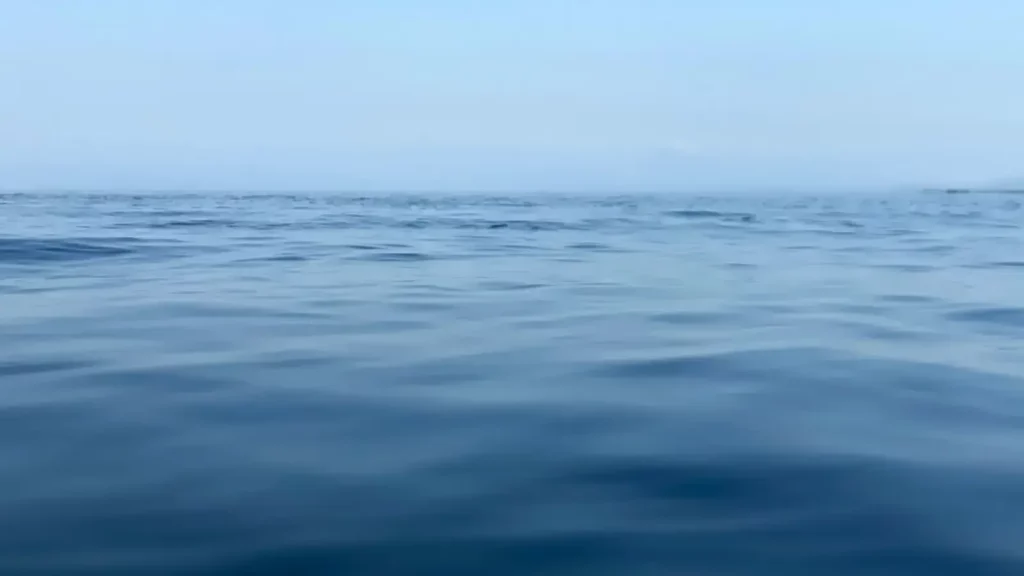Why Compete When You Can Create?
Most businesses enter the market by competing on existing terms—lowering prices, offering slightly better service, or tweaking a product that already exists. But the biggest wins don’t come from fighting over market share; they come from creating entirely new markets. This is the foundation of Blue Ocean Strategy, a concept that has shaped much of my work and the businesses I build.
Rather than struggling to stand out in a saturated industry, I focus on unexplored opportunities—those spaces where traditional players don’t even realize there’s demand yet. Whether it’s reviving Japan’s vacant properties through Akiyaz or curating rare Japanese vinyl for global collectors with JP Vinyl, my approach is always the same: find the space where nobody is playing, and own it.
The Difference Between Red Oceans and Blue Oceans
In business, most markets are red oceans—bloody from constant competition. These industries are overcrowded, and companies fight each other over shrinking profit margins. Think of fast fashion, ride-sharing, or social media platforms—these spaces are cutthroat, and unless you have insane backing or a revolutionary business model, you’re just another player in a brutal game.
A blue ocean, on the other hand, is an uncontested market space—a category that doesn’t exist yet or one that can be radically redefined. This doesn’t mean there’s no demand—there’s just no one properly serving it yet. Companies like Airbnb, Tesla, and Cirque du Soleil didn’t enter existing markets; they redefined them.
How I’ve Applied Blue Ocean Thinking
I don’t just talk about blue oceans—I build them. some of my Projects include:
Akiyaz
Not just a traditional real estate business. Instead of selling homes, it’s about turning Japan’s forgotten spaces into cultural and economic opportunities
JP Vinyl
We’re an online record store and so much more – it’s a curated experience that connects collectors worldwide to Japan’s rich vinyl history.
Digital Springs
Harnessing the powers of Japan’s plentiful onsen with that of the digital revolution. We bring new tools to time-honored traditions, creating new lifestyles.
Kaala Music
If you’ve ever been frustrated by Japan’s music scene’s esoteric ticketing practices and difficult to find venues, you now have access.
How to Find Blue Ocean Opportunities
If you want to build a business where you don’t have to fight for attention, you need to spot opportunities that others overlook. Here’s how:
Look for Neglected Demand
What niche or audience is being ignored? What’s a pain point that no one is solving well? Akiyaz works because while Japan’s real estate market is fixated on major urban centers, rural properties are sitting empty—waiting for someone to rethink their value.
Redefine the Value Proposition
Instead of competing on price or quality, change what the customer actually values. Cirque du Soleil didn’t try to beat traditional circuses at their own game; they reinvented the experience by focusing on artistry and theatrical performance.
Ignore Industry Norms
If everyone in an industry does things the same way, doing the opposite can open up new opportunities. JP Vinyl breaks from traditional record shops by sourcing rare Japanese pressings that aren’t easily available outside Japan.
Test Small, Scale Smart
Don’t overcommit before you validate. I started JP Vinyl by hand-picking a few records for collectors, learning what worked, and expanding from there.
Avoiding the Traps of Blue Ocean Strategy
Finding a blue ocean is exciting, but it comes with its own challenges:
- You have to educate your audience. If people don’t know your market exists, you’ll need to invest in storytelling and positioning. This is why strong branding and content strategy matter.
- No competition means no benchmarks. You won’t have a roadmap, so expect to fail fast and iterate.
- Others will follow. If you’re successful, competitors will eventually try to copy you—so you need to keep innovating.
Real-World Examples of Blue Ocean Thinking
If you want to see Blue Ocean Strategy in action, check out:
Ready to Build Your Own Blue Ocean?
If you’re tired of fighting in overcrowded markets and want to build something truly new, let’s talk. Whether it’s rethinking real estate, music, storytelling, or niche retail, I’ve spent years identifying hidden opportunities and turning them into thriving ventures.

